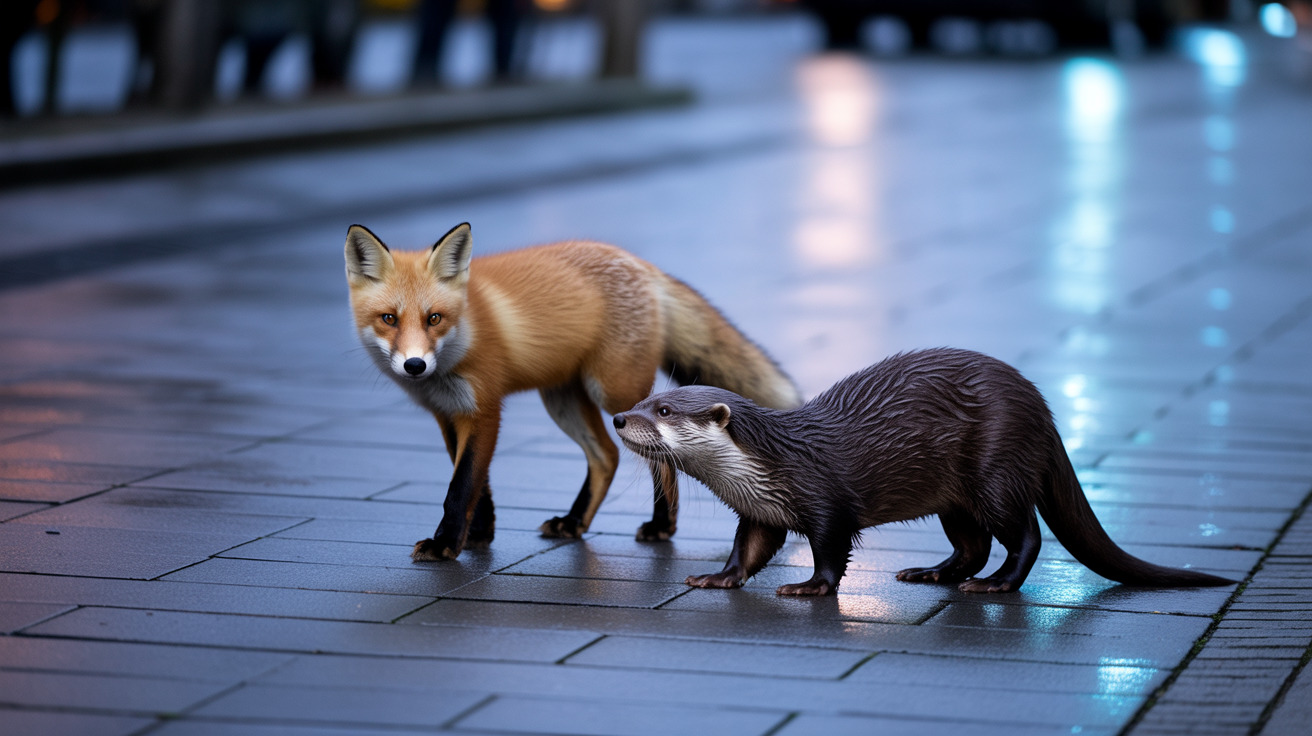Introduction to Pet Rats
Pet rats are increasingly popular companions, cherished for their social nature and intelligence. These small animals are easy to care for and can form strong bonds with their owners. However, prospective rat owners should be aware of their relatively short lifespan, typically ranging from 2 to 4 years. Despite this, their endearing personalities and ease of care make them a favored choice for many pet enthusiasts.
Understanding Lifespan and Variability
The average lifespan of a pet rat is between 2 to 4 years, though some may live up to 5 years or more. Longevity in rats can be influenced by several factors, including genetics and living conditions. Fancy rats and dumbo rats, for example, often enjoy slightly longer lifespans than hairless rats, which are more susceptible to health issues due to their genetic makeup. These variations highlight the importance of considering both genetic and environmental factors when caring for pet rats.
The Importance of Environment
Domesticated rats benefit significantly from a controlled environment, which shields them from the numerous dangers faced by their wild counterparts. In the wild, rats typically live less than a year due to threats such as predation, disease, and lack of resources. In contrast, pet rats can thrive in a safe and secure home environment. Providing adequate cage size and setup is crucial, as overcrowding can lead to stress and health issues. Ensuring a spacious and well-organized habitat is essential for their overall well-being.
Nutrition Essentials for Health
A balanced diet is fundamental to a rat's health and longevity. Pet rats should be fed good-quality pellets, fresh vegetables, and occasional lean meats like chicken. It is important to avoid seed-based diets, which lack essential nutrients and can contribute to weight gain. Monitoring a rat's weight is crucial to prevent obesity-related health problems, ensuring they maintain a healthy and active lifestyle.
Health Monitoring and Veterinary Care
Rats are prone to various health issues, including respiratory infections, tumors, and kidney disease. Regular veterinary check-ups are vital for early detection of these problems. Routine health assessments, including blood work and fecal parasite testing, can help identify potential issues before they become serious. Additionally, spaying or neutering rats before they reach 5-7 months old can reduce the risk of certain cancers, contributing to their overall health.
Social and Behavioral Needs
Rats are inherently social creatures and thrive in the company of others. Keeping them in pairs or groups can enhance their quality of life, provided there is ample space to prevent overcrowding. Social interaction is crucial for their mental well-being, and providing opportunities for play and companionship can prevent loneliness and stress.
Exercise and Enrichment Strategies
Daily exercise and mental stimulation are essential for a rat's health. Allowing them out-of-cage time for at least 30 minutes a day can provide the necessary physical activity and engagement. Toys and activities, such as solid exercise wheels and interactive puzzles, can keep rats entertained and promote a healthy lifestyle. Regularly rotating these items can prevent boredom and encourage exploration.
Safety Precautions for Pet Rats
Ensuring a safe environment is crucial for pet rats, as they are prey animals with poor eyesight. It is important to protect them from potential threats, such as other pets, and to avoid hazards like wire floors that can cause foot injuries. Creating a calm and secure environment will help reduce stress and promote their well-being.
Conclusion: The Joy of Pet Rat Companionship
In conclusion, while pet rats have a shorter lifespan compared to other domestic pets, their companionship is rewarding for those who provide the necessary care and attention. By understanding the factors that influence their lifespan and taking proactive steps to ensure their health and happiness, owners can enjoy the delightful company of these intelligent creatures. Prospective rat owners should consider the responsibilities involved in creating a loving and healthy environment for their pets.
Additional Care Tips
Routine hygiene is essential for preventing health issues in pet rats. Regular cage cleaning can prevent waste odors that may cause respiratory problems. Observing changes in a rat's behavior or health can provide early indicators of potential issues. Creating a calm environment by minimizing stressors like loud noises and bright lights can enhance their quality of life. By following these care tips, pet rats can enjoy a long, healthy life filled with companionship and joy.






